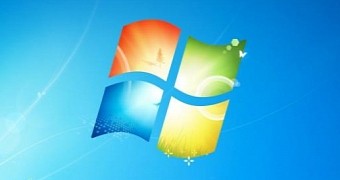Microsoft has announced a new change for the way Windows 7 devices receive monthly updates, as the company pulls the PciClearStaleCache.exe component from the rollups.
The April 2019 monthly rollup for Windows 7 no longer includes this tool, and Microsoft says that beginning with this release, no other update would ship with it built-in.
Instead, what Windows 7 users and system admins need to do is install the updates released between April 2018 and March 2019, which included the aforementioned components as part of every update cycle.
The April 2019 monthly rollup for Windows 7 (and the first one that ships without PciClearStaleCache.exe) is KB4493472.
“Administrators should ensure that any one or more of the Monthly rollups released between April 10, 2018 (KB 4093118) and March 12, 2019 (KB 4489878) have been installed prior to installing April 2019 and later updates. Each of these rollup updates includes PciClearStaleCache.exe,” Microsoft explains.
Windows 7 to reach EOL in January 2020
As for the purpose of this tool and the reasons it’s bundled into monthly rollups, Microsoft says it helps resolve inconsistencies in the internal PCI cache.
This means that if the static IP address settings are lost, the Wi-Fi network adapters are disabled, and the Wi-Fi profile settings are not displayed in the network flyout, there’s a chance you need to install an update that includes PciClearStaleCache.exe.
Windows 7, which continues to be the second most-used Windows version on the market, is projected to be retired in January 2020, and users are recommended to begin planning the upgrade to Windows 10 as soon as possible.
Also worth knowing for Windows 7 users is that this month’s rollup causes issues on devices with certain antivirus software installed, including Sophos, Avira, and Avast. Microsoft has blocked the update from being offered to these devices until fixes are issued. Avast has already published patches to resolve the bug on Windows 7 and 8.1.

 14 DAY TRIAL //
14 DAY TRIAL //